Private Schools vs Charter Schools: A Practical Parent’s Guide
Trying to decide between a charter school and a private school for your child’s education? You’re not alone. Parents today have more school options than ever, but choosing the right one can feel overwhelming. The differences go far beyond tuition. Factors like admissions, curriculum, governance, accountability, and long-term outcomes all play a role in shaping your child’s experience.
In this guide, we’ll break down the real differences between private schools vs charter schools, helping you understand how each model works and how they affect the daily lives, growth, and success of your child.
Funding and Affordability: What It Means for Families
One of the most impactful differences between private and charter schools is how they’re funded, and how that affects your family.
Private Schools rely entirely on tuition paid by families, along with donations and fundraising. Annual tuition can vary widely, ranging from several thousand to tens of thousands of dollars. These costs may also include fees for enrollment, uniforms, books, and extracurricular programs.
Charter Schools are tuition-free public schools funded by state and federal dollars on a per-student basis. They may also receive grants or private support, but they do not charge tuition for attendance.
For many families, especially those with more than one school-aged child, the cost difference alone can make charter schools significantly more accessible. They offer an opportunity for high-quality education without the financial burden of tuition, helping families prioritize both academic outcomes and long-term affordability.
Admissions and Enrollment
Admissions policies vary significantly:
Private Schools often have selective admissions. Families may need to submit transcripts, complete entrance exams, or attend interviews. Schools may consider a student’s academic record, behavior history, or religious affiliation.
Charter Schools, by law, must admit students through an open-enrollment process. If more students apply than the school has space for, a randomized lottery is held. There are no academic entrance requirements, making access fairer and more inclusive.
This key difference in accessibility means more families can explore charter options without the barriers commonly associated with private school admissions.
Curriculum and Teaching Philosophy
Curriculum flexibility and approach can differ greatly:
Private Schools typically have full autonomy over their curriculum. Religious schools may include faith-based instruction, while others might focus on STEM, arts, or progressive learning methods. However, oversight and standards can vary widely between schools.
Charter Schools also have autonomy, but must meet the performance goals set forth in their charter. Many offer unique, mission-driven models, such as classical education, college-prep, or bilingual instruction. and focus on academic rigor, structured learning, and character development.
For example, a classical charter school like Houston Classical teaches through a proven model that emphasizes critical thinking, virtue, and timeless knowledge through the trivium: grammar, logic, and rhetoric.
Governance and Accountability: Who’s in Charge and How Schools Are Held Responsible
Governance and oversight shape everything from curriculum decisions to school culture—and the two school types approach this differently.
Private Schools are governed by independent boards, religious organizations, or private entities. They operate with full autonomy and are not required to follow public education regulations. While some private schools exceed public school standards, there is no mandatory state accountability framework unless the school opts in.
Charter Schools operate under a performance-based contract—or “charter”—granted by a state or local authorizer. They must demonstrate consistent academic growth, sound financial practices, and operational transparency. If they fail to meet expectations, they risk having their charter revoked.
Charter schools also provide performance data to the public, so families can review test scores, rankings, and other metrics before enrolling. This level of accountability and transparency ensures charter schools are not only innovative but also results-driven.
Class Size and Student Support
Both school types can offer smaller class sizes, but implementation varies:
Private Schools may keep student-teacher ratios low, but this often depends on tuition funding and school size.
Charter Schools frequently cap enrollment to maintain intimate classroom settings. Many prioritize personalized learning and teacher accessibility.
In either case, small class sizes often allow for more direct support and tailored instruction, an important factor for families evaluating school fit.
Extracurricular and Enrichment Programs
Private Schools often provide a wide variety of clubs, athletics, and enrichment programs, depending on tuition and donor support.
Charter Schools offer enrichment based on funding availability. While some smaller charters may have limited options, many, like Houston Classical, partner with local organizations to provide after-school programs, arts, athletics, and character-building opportunities.
If extracurricular activities are a priority, parents should ask detailed questions about what’s available and how programs are supported.
Facilities and Campus Environment
Private Schools can range from modest to luxurious campuses. Facilities may include expansive athletic complexes, theaters, and modern tech labs, depending on tuition and fundraising.
Charter Schools vary, but many operate in newly renovated or purpose-built facilities. Though they may lack the grandeur of elite private campuses, many charter schools offer safe, clean, and well-maintained environments focused on learning.
The physical environment of each school should always be evaluated with an in-person visit.
College Readiness and Long-Term Outcomes
Private Schools often emphasize college placement and offer advanced coursework. However, outcomes vary based on the school’s quality, leadership, and mission.
Charter Schools, especially those with a classical or college-preparatory focus, often show strong results on standardized tests and graduation rates. Many report high college enrollment, especially among first-generation students.
At schools like Houston Classical, the structured curriculum and emphasis on character and reasoning prepare students not just for tests, but for life after graduation.
Making the Right Decision for Your Child
Ultimately, the choice between private schools vs charter schools depends on what your family values most: cost, curriculum, access, class size, extracurriculars, and long-term goals. No single model is perfect for everyone, but understanding the core differences helps you choose what’s right for your child’s learning journey.
Explore a Tuition-Free Charter School That Delivers More
If you're looking for the quality and structure of a private education without the tuition, Houston Classical Charter School offers a powerful alternative. With a classical curriculum, character-building focus, and proven academic outcomes, it's designed to prepare your child for success in school and life.
Learn more and apply today at www.houstonclassical.org.











